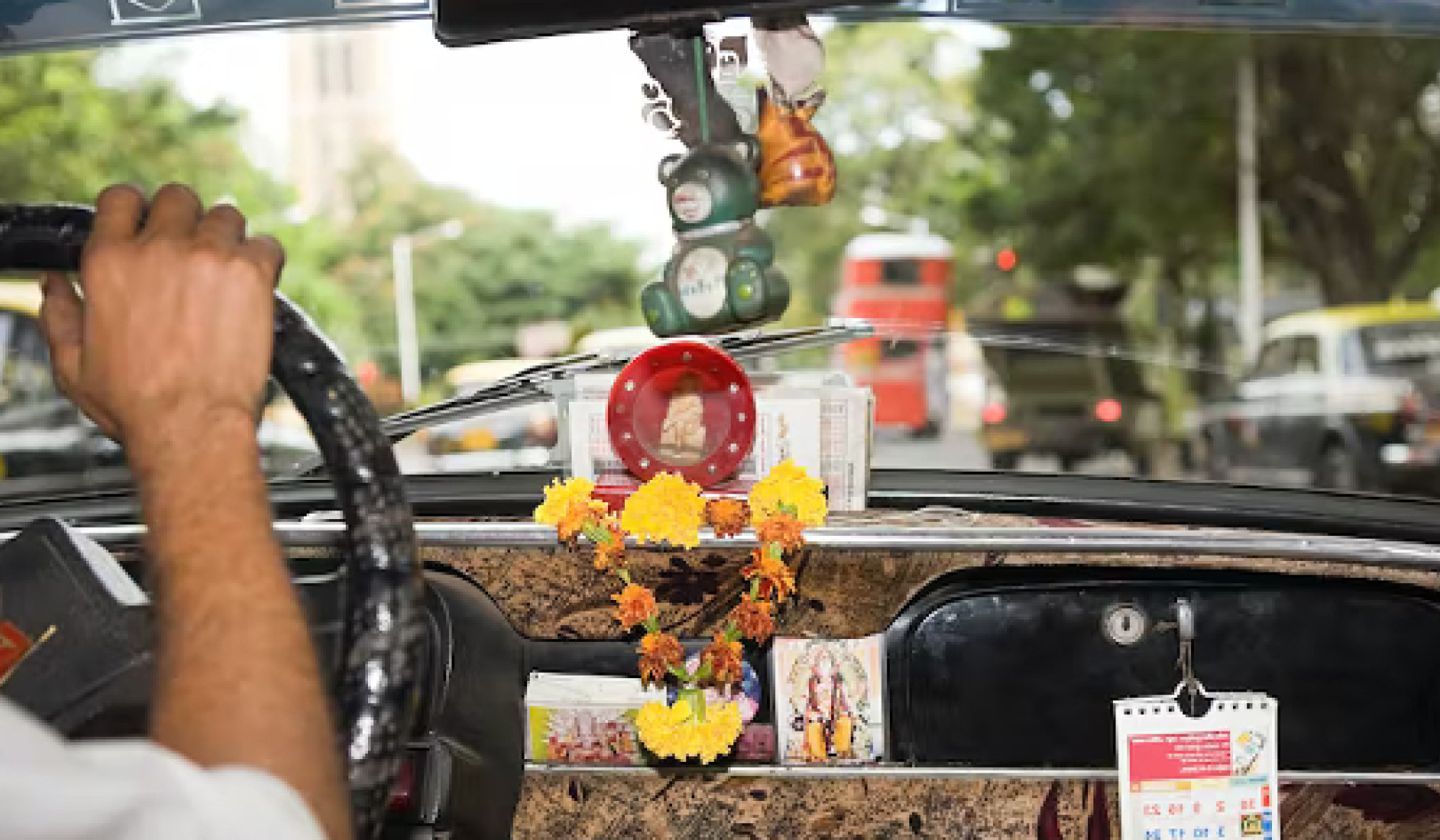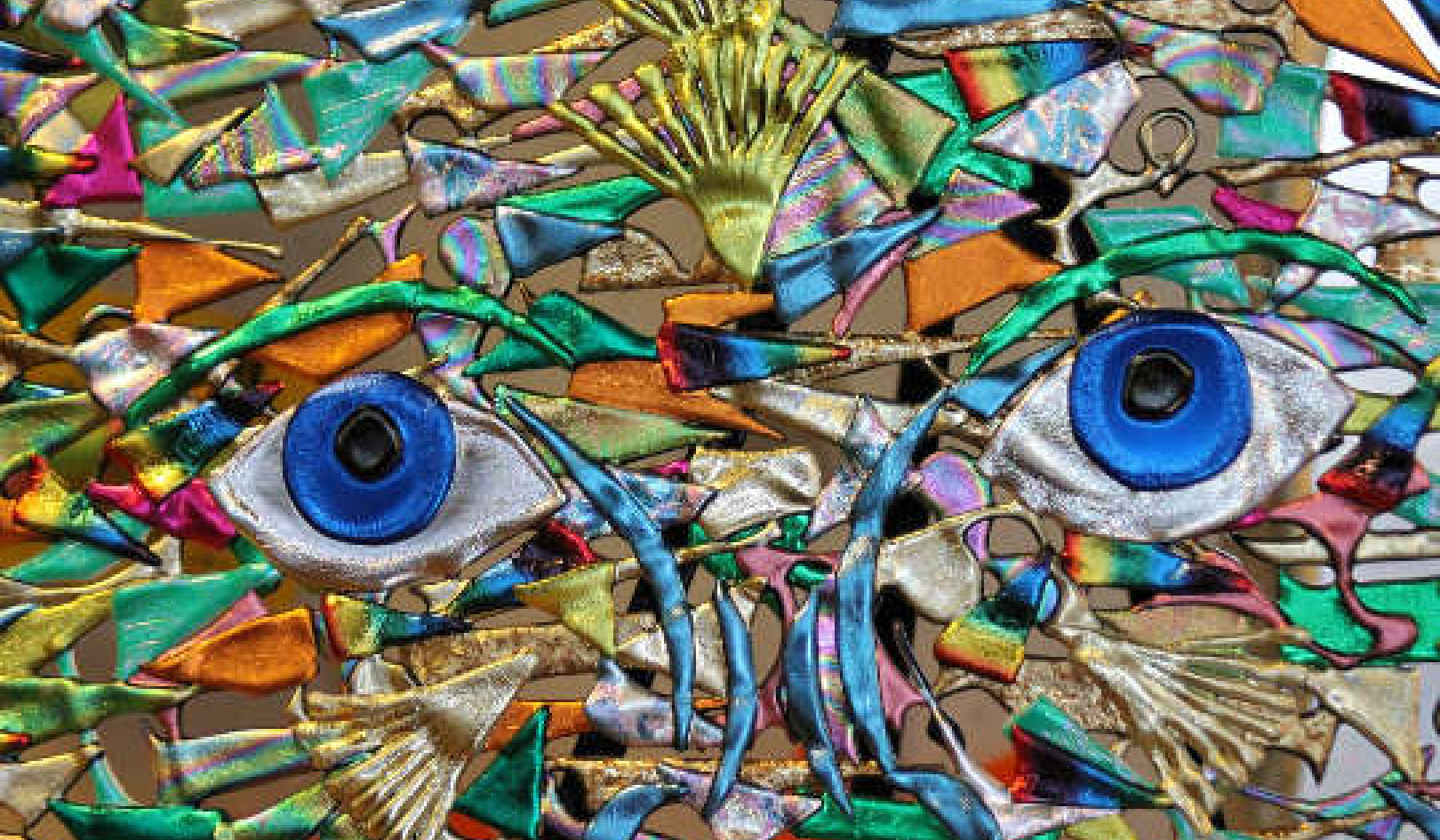The Candy Stripe Buses
by Lorenzo W. Milam
There is a grand book I read twenty years ago. It was by a sex therapist from Scandinavia. She was writing about what she called "the sexual minorities." She said that the greatest sexual minorities are the permanently disabled, especially those who are in hospitals and nursing homes. She said that the ethics of these places dictate that we should have no sexual freedom whatsoever: no love, no passion, no exit.
Sex and the disabled? It's doubly fraught. The disabled are not supposed to think of, want, need, be able to have sex. It is a contradiction in terms, and in comprehension. We've become society's eunuchs.
But (as one of my favorite writers said) we dam sexuality at our own risk. It can be channeled and redirected — but when we try to block its force totally, we create monsters, both within and without.
I see quadriplegics, MS'ers, old polios, the blind, heart-attack victims, putting their sexuality on the back burner, or, worse, trying to snuff the flames entirely. Sexuality thus ceases to be a problem (they think). Lack of sexuality becomes a preference, right?
Sexual Remembrances
And then I remember this wonderful hook from Sweden about sexual minorities. The doctor who wrote it wanted to set up these buses, these CIRCUS buses. And what would they be carrying around? Whores!
The prostitutes would be bussed into the big hospitals. You know them, you know them well—those drab, dark hospitals and nursing homes, with their drab olive-green walls, and their smells —the smells of decay and sadness-and dried-up grief We've all known places like that.
The whores would come in, a dozen of them, fifteen, two dozen. Each would be assigned a patient, or two—to love, to give love to, to hold. The first time in a long time, for some of the patients (I almost wrote prisoners). For some of them, the first time—ever.
And for those who couldn't get it up Or for those who had no feeling down there? Manipulation, visual stimulus, words, words whispered in the ears, hands stimulating any part of the body, any part where the feelings of love had been transferred. (And they have moved somewhere; they always do: to the neck, the earlobes, the lips, the shoulders; the armpits: they say that's one of the most sensuous parts of the body.) The hands everywhere—and sweet whispers.
A carnival of love. Every month, the red-and-white striped, yellow-wheeled buses would pull up to the nursing homes in the city: the "chronics", the "patients" given great gouts of love, from professionals.
Would the nurses be scandalized? Of course. The politicians? Horrified! The establishment? The editorials would fly. Did you hear what they were doing at the Vets' hospital? They are letting—(what do they call them?) the "chronics", they are letting them have whores on the wards! Can you believe it? Whores getting paid with taxpayers' money.
And everyone would be appalled, outraged, trying to stop it...this, this... going on in our warehouses, for the Permanently Disabled. Everyone... everyone... except Charlie.
What About Charlie?
Charlie has been there at the Veteran's Home for twenty—no, let's see, it's twenty-two years now. He just lies there, watching television, smoking cigarettes. The orderlies feed him, clean him up. He has no family—no one who comes to see him. There was an uncle, back, when? 1970? 1972? The old fellow finally died or just went away, was never seen again
Charlie sometimes thinks on the days, back then, when he was eighteen, before he (or anyone) ever heard of Viet Nam. Him so young, full of piss and vinegar - going out with his girl, Janine, and sometimes late at night, she would hold him, in the front of the old coupe (a '59 Plymouth, tan, with fender skirts) she would hold him, hold him so tight, and it was like he was going to burst, the feel of her soft hair on his face, that wonderful aroma—what was it?—the smell of woman. And they would be so close that he thought he was going to burst...that was before Viet Nam, and the land mines. They had told him about the mines, but he never guessed, never ever guessed what a land mine could do to the body, to the legs, to the gentle parts of him down there, to the soul.
The whores...would be
assigned a patient, or two
-
to love, to give love to,
to hold.
He had never guessed. We kids were so innocent, so very innocent...And since then... what has it been?... since 1965—over two decades Charlie has been, first, in the Veteran's hospital (two and a half years, twelve operations; not many of them successful). And then here in the nursing home. His family? They've just died off. Like his friends. Died off, or disappeared. Now there are the orderlies, and the aides, and the other patients... and the TV...The sound of shooting—rockets, and the bombs, on TV, it still jolts him some when he hears it. The noises of war, on TV, and the noises of the ward, the dinner tray coming up. Sometimes he eats—but mostly he just lies there, smoking Camels. And there's no one except the nurses to remind him of Janine, and the time two decades ago...
Everyone thinks the "Whore Bus" is a scandal. Everyone in town. Except Charlie—and a few of his buddies on the ward. Because there is something he hasn't known for twenty years. The touch of a woman... watching her as she comes close to him. Her hands. Her hair falling down just SO... It's been twenty years. "My God," he thinks: "How beautiful...her hands, and her eyes. For me..." Everyone's against it. Except Charlie... and a few of his buddies, there on the ward...
 This
article was excerpted from the book
"CripZen', by Lorenzo W. Milam ?1993, Reprinted with permission
of the publisher, Mho & Mho Press, P.O. Box
3490, San Diego, CA 92163.
This
article was excerpted from the book
"CripZen', by Lorenzo W. Milam ?1993, Reprinted with permission
of the publisher, Mho & Mho Press, P.O. Box
3490, San Diego, CA 92163.
Info/Order book
About The Author
Lorenzo Milam has been referred to as the "survivor's survivor." Disabled for over forty years, he is the author of nine books, including two novels. His most recent travel book, "The Blob That Ate Oaxaca," was nominated for the 1992 Pulitzer Prize.




























